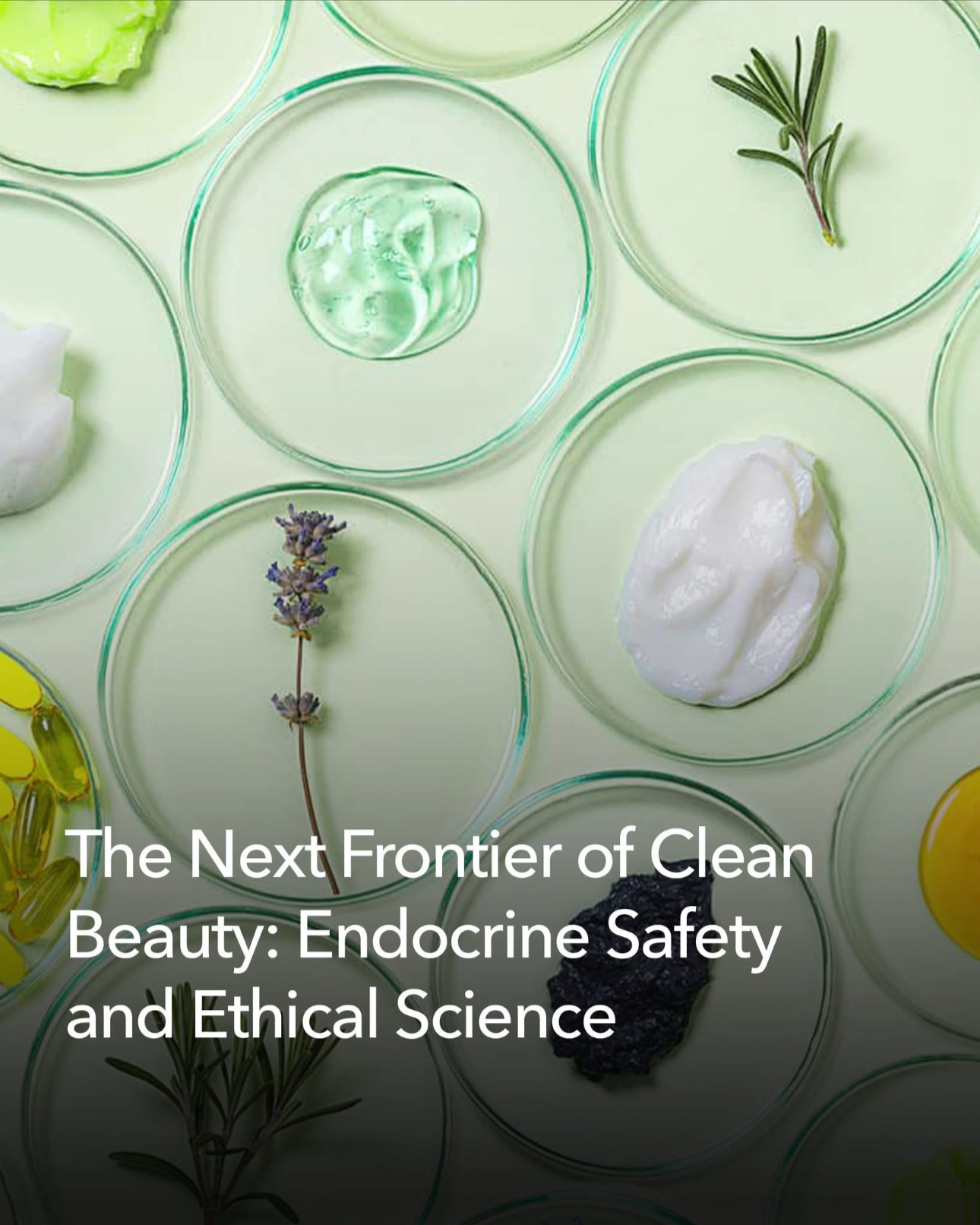From scrubbing articles to funding biased research, the beauty industry is working overtime to label safety concerns as "radical." Read the full exposé.
Welcome.
I recommend natural beauty, baby, and cleaning products that are just as effective as toxic ones.





















